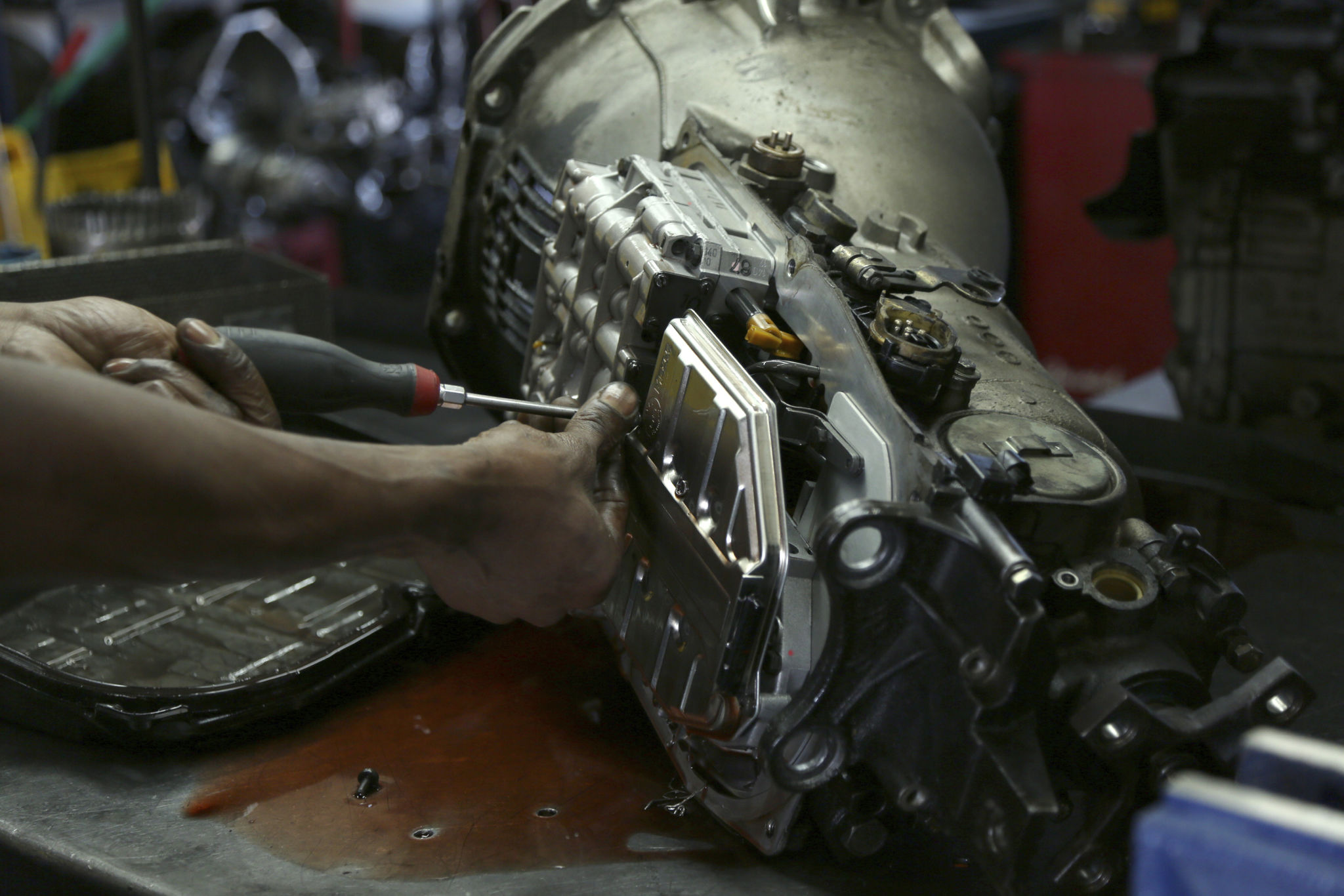The Ultimate Guide to Auto Parts for Beginners
Understanding Auto Parts: A Beginner's Overview
Diving into the world of auto parts can initially seem daunting, but understanding the basics can significantly enhance your car ownership experience. Whether you're aiming to perform your own repairs or simply want to be more informed about your vehicle, familiarizing yourself with key components is an essential first step.

The Engine: The Heart of Your Vehicle
The engine is undoubtedly the most crucial component of any vehicle. It converts fuel into motion, enabling your car to move. Understanding the basic functions of the engine, such as the combustion process, can help you appreciate its role and importance. Regular maintenance, like oil changes and tune-ups, can extend the life of your engine significantly.
Transmission: Shifting Power
Your car’s transmission is responsible for transferring power from the engine to the wheels. It allows your vehicle to change speeds and move efficiently. There are two main types: automatic and manual transmissions. Knowing the differences can aid in troubleshooting and deciding which type best suits your driving needs.

Essential Auto Parts to Know
Beyond the engine and transmission, there are several other critical components that every car owner should be familiar with. Understanding these parts can help you diagnose issues early and communicate effectively with mechanics.
Brakes: Safety First
The braking system is vital for your safety on the road. It consists of brake pads, rotors, and calipers. Regularly checking your brakes for wear and tear can prevent accidents and ensure your vehicle stops effectively when needed. It's recommended to replace brake pads every 20,000 to 50,000 miles, depending on driving conditions.
Battery: Powering Your Car
Your car's battery provides the electrical energy needed to start the engine and power accessories. It's crucial to ensure your battery is in good condition, especially during extreme weather conditions. Typical signs of a failing battery include dim headlights and difficulty starting the engine.

Other Important Components
While some parts are more critical than others, understanding a few additional components can help you maintain your vehicle more effectively.
Tires: The Foundation
Tires are your car's connection to the road. They influence handling, braking, and fuel efficiency. Regularly checking tire pressure and tread depth is essential for safe driving. Rotating your tires every 5,000 to 8,000 miles can promote even wear and extend their lifespan.
Exhaust System: Emission Control
The exhaust system directs harmful gases away from the engine and reduces emissions. Keeping this system in good repair is not only crucial for performance but also for environmental reasons. Listen for unusual noises or vibrations as indicators that an inspection might be necessary.
Maintenance Tips for Beginners
Maintaining your vehicle can seem overwhelming at first, but with a few simple tips, you can ensure it remains in top condition.
- Follow a regular maintenance schedule as outlined in your vehicle's manual.
- Keep a log of repairs and maintenance for future reference.
- Learn to recognize warning signs like unusual noises or dashboard lights.
By familiarizing yourself with these fundamental aspects of auto parts, you can take proactive steps in maintaining your vehicle's health and longevity. This knowledge not only empowers you as a car owner but also helps in making informed decisions regarding repairs and upgrades.